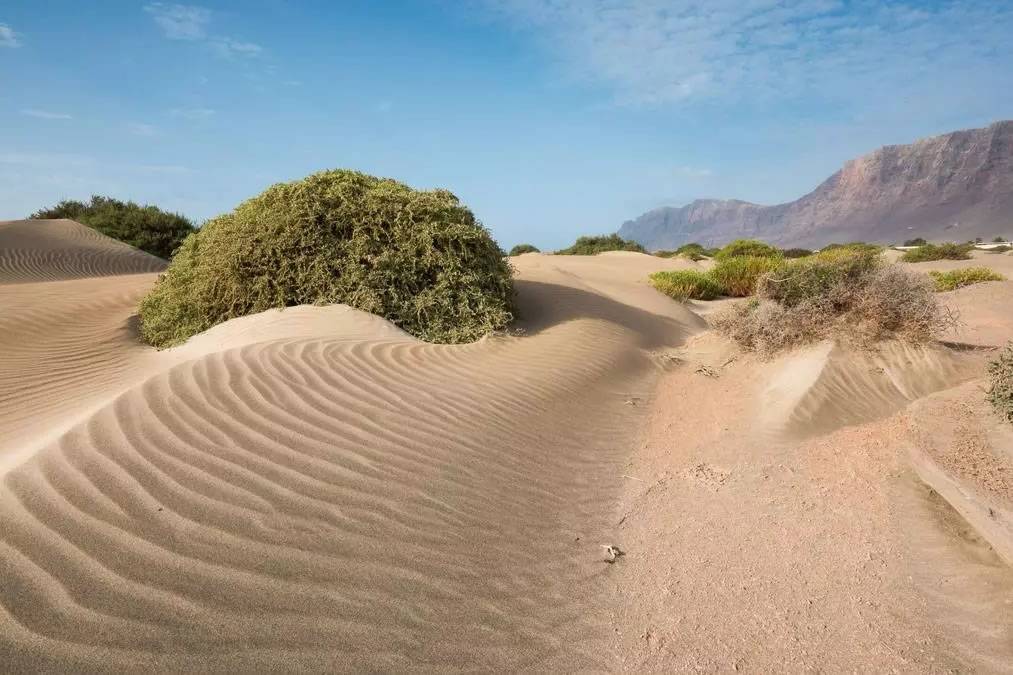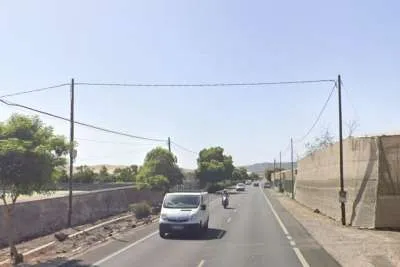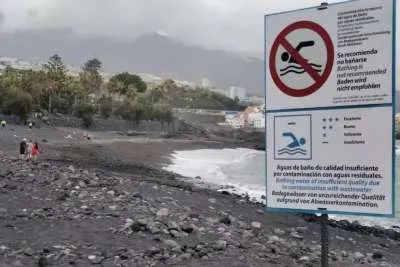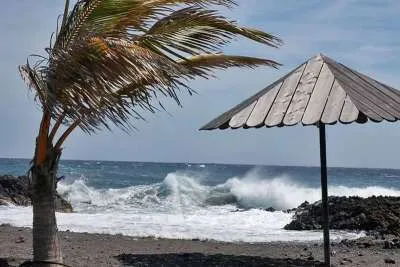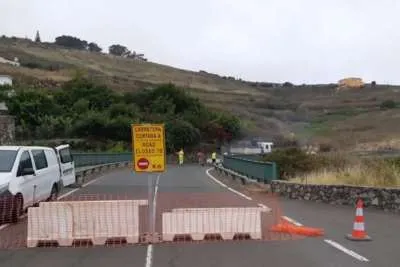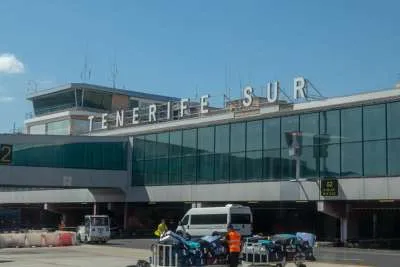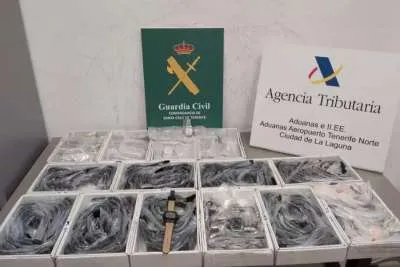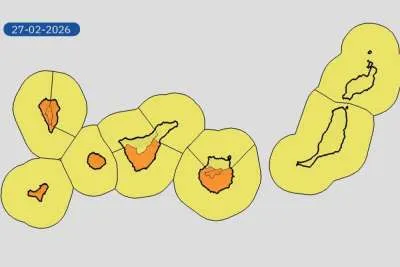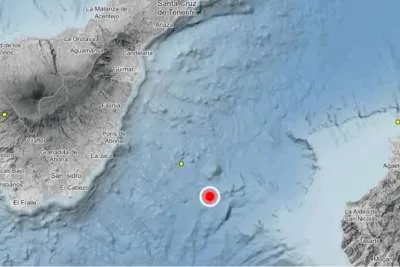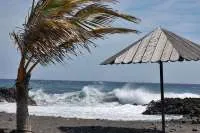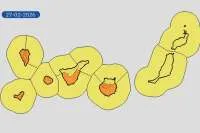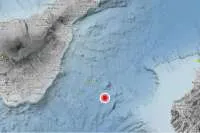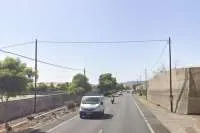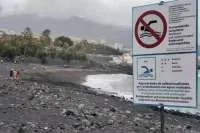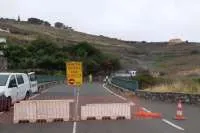Environmental group challenges quarry project in Lanzarote over "serious irregularities"
- 12-02-2025
- Lanzarote
- Canarian Weekly
- Photo Credit: CA
Ecologists in Action have called on the Canary Islands Government to deny authorisation for a proposed quarry in El Jable, Lanzarote, known as Arenera Hora de La Plata, citing significant flaws in its Environmental Impact Study (EIA).
The environmental group argues that the project planned for a vast area between the northern coast of Caleta de Famara and the southern beaches of Playa Honda and Los Pocillos, breaches environmental and territorial regulations. As a result, they are urging authorities to reinforce protections for El Jable, an area of high ecological, cultural, and heritage value.
The quarry proposal is being put forward by Hermanos Ramírez Barreto SL, but Ecologists in Action Lanzarote has denounced "serious irregularities" in the environmental assessment, warning that approval could lead to irreversible damage to El Jable’s unique ecosystem, situated within the municipality of Teguise.
This latest objection adds to three previous challenges the group has made against similar projects in the area. Those objections led to the suspension of authorisation processes due to the failure to present environmental impact assessments that accurately reflected the ecological importance of El Jable.
The organisation has criticised the lack of scientific rigour in these studies, particularly in cases where biodiversity is at risk. “Despite existing protective measures and the ecological significance of El Jable’s species, extraction projects continue to threaten an area already under pressure from human activity,” they stated.
Furthermore, experts from institutions such as the Spanish National Research Council (CSIC) and the Group for Rehabilitation of Native Fauna and their Habitat (GREFA) have repeatedly highlighted El Jable’s ecological importance. It has been identified as a critical genetic reserve for the Canary houbara bustard, a globally significant bird species whose habitat is rapidly diminishing.
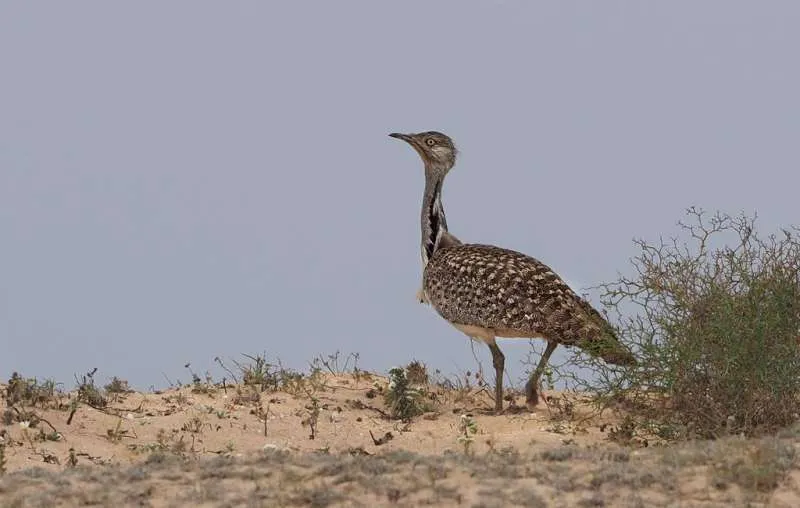
Professor Nigel Collar, a leading authority on the species, has warned of the bustard’s precarious situation. The great bustard, a symbol of the region, shares its habitat with 14 other bird species classified as of community interest, as well as numerous other endangered plant and animal species that have been largely ignored in the environmental assessment.
“El Jable is a territory of natural and cultural importance that must be protected, not a barren wasteland open to any form of exploitation,” the organisation asserted.
Flaws in the Environmental Impact Study
Ecologists in Action have accused the project's environmental assessment of being incomplete, biased, and lacking scientific credibility.
Key deficiencies in the study include:
- Insufficient research on affected wildlife – The report omits key species and makes unsubstantiated claims about their presence in the area.
- Failure to consider alternative options – No alternative locations or non-intervention scenarios have been assessed.
- Misleading evaluation of environmental impact – The study downplays the consequences of the project and relies on outdated regulations that have been repealed.
The group insists that these errors invalidate the study and has urged the authorities to reject the quarry proposal to safeguard El Jable’s fragile ecosystem.
Other articles that may interest you...
Trending
Most Read Articles
Featured Videos
TributoFest: Michael Buble promo 14.02.2026
- 30-01-2026
TEAs 2025 Highlights
- 17-11-2025


